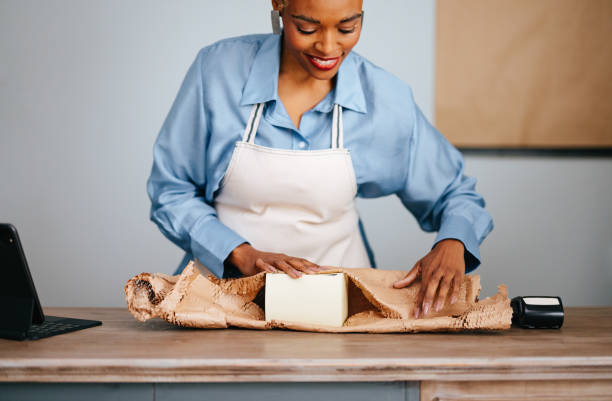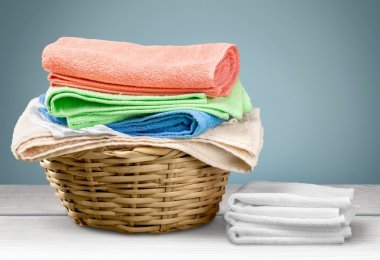Taking care of your personal belongings may seem like an ordinary task, but it can actually have a significant impact on your overall health and wellness. When we neglect our belongings, we not only risk damaging them, but we also risk damaging ourselves.
Whether it’s your clothes, electronic devices like phones and laptops, or household items like your furniture and utensils, proper care and maintenance can help you save money in the long run and ensure that your belongings are always in good condition.
A good reason is that the state of our personal belongings can reflect the state of our minds, and taking care of them can contribute to a sense of order and control in our lives.
Here are some tips on how to care for your personal belongings.
Clean your items regularly
Regular cleaning is essential for maintaining the appearance and functionality of your belongings. For instance, clothes should be washed according to their care instructions to prevent damage, while electronic devices should be wiped down with a clean, dry cloth to prevent dust buildup.
Store your items properly
Proper storage is critical for protecting your belongings from damage and wear. Clothes should be hung or folded neatly in a dry, cool place to prevent wrinkles and mold growth. Electronic devices should be stored in a protective case or a dry, secure location to prevent damage from impact, moisture, and dust.
Follow care instructions
Care instructions are provided for a reason, and following them can prevent damage to your belongings. Clothing care instructions indicate how to wash, dry, and iron each garment to prevent damage, while electronic devices have specific instructions on how to charge and maintain them properly.
Repair items promptly
When an item is damaged, it’s essential to have it repaired promptly to prevent further damage. Clothes with loose buttons or seams should be repaired immediately to prevent them from worsening. Electronic devices with cracked screens or malfunctioning components should be taken to a repair shop to prevent further damage.
While repairing is paramount, ensure you are taking it to the right place to get it repaired, as a quack would only worsen things.
Use items for their intended purpose
Using items for their intended purpose can prevent unnecessary wear and tear. For example, using a kitchen knife as a screwdriver can damage the blade, while using a hairbrush to scrub surfaces can cause bristle damage.
Make sure you always use items and devices for what they were meant for to avoid doing what would damage the items.
Protect your items from the elements
Protecting your belongings from the elements can prevent damage and wear. For instance, using an umbrella on a rainy day can prevent water damage to your clothes, while keeping electronic devices away from direct sunlight can prevent heat damage.
Replace items when necessary
Sometimes, items simply reach the end of their useful life and need to be replaced. Replacing worn-out items promptly can prevent further damage and improve your overall quality of life.
Conclusion
Taking care of your personal belongings is essential for their longevity and usefulness. Regular cleaning, proper storage, following care instructions, prompt repairs, using items for their intended purpose, protecting items from the elements, and replacing items when necessary are all essential for maintaining your belongings. When you incorporate these tips into your daily routine, you can enjoy your belongings for years to come while saving money and reducing waste.
YOU SHOULD ALSO READ:
- How To Keep Your Face Clean
- How To Care For Aged People
- How To Care For Your Body After Childbirth
- How to Care for Your Dreadlocks
- How to Care For Your Grey Hair
- How to Grow Virgin Hair in Nigeria
- How to Keep Your Toenails Healthy
- How to Keep Your Armpits Clean and Fresh
- How to Take Care of Your Pancreas
- How To Take Care Of Your Towel
Collins Nwokolo is a human physiologist, writer and health enthusiast. He loves writing helpful articles on health and fitness, which he enjoys sharing with everyone.










